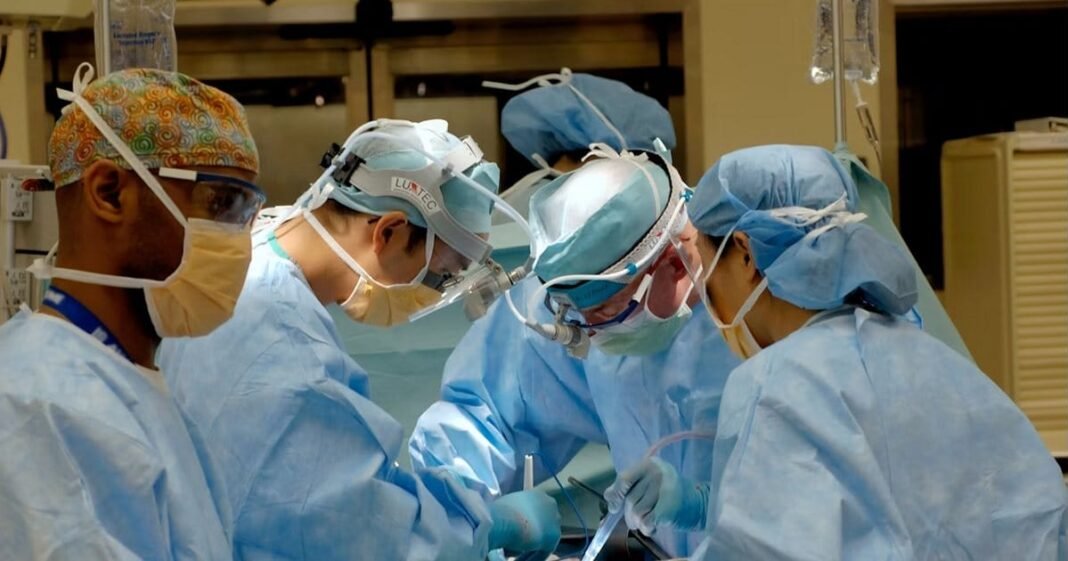The University of Oklahoma is conducting what it describes as an unprecedented study to find out if the use of cannabis affects healing from wounds caused by head and neck surgery.
According to The National Foundation for Cancer Research of the USA estimates that head and neck (HNC), which accounts for approximately 4% all new cancer cases diagnosed in the USA each year, is the most common type. In the last year alone, it is estimated that 71.110 new cancer cases were detected, and approximately 16.110 deaths are expected.
Even for survivors, life-changing effects can continue to occur. The reconstruction after removal of tumours can have a dramatic impact on appearance, and even physiological functions like swallowing and respiration.
Cancer patients often use cannabis as a way to cope with symptoms and the side effects that come along with their treatments. However, there is limited information about how cannabis affects wound healing.
The data we collect will help us understand how cannabis is used in different ways to heal wounds and provide a basis for future studies, said Lurdes Queimado M.D. Ph.D. Professor and lead investigator.
Given her preliminary although limited research, Professor Queimado is hypothesizing cannabis smoking negatively affects wound healing through an increase in inflammation and a decrease in immune system function, both of which could also introduce other complications.
The patients will be monitored for a period of six months after the treatment and their self-report of cannabis usage will be verified biochemically through blood tests. Four groups of patients will be selected:
- Those using cannabis.
- People who use cannabis or tobacco.
- Only those who smoke tobacco.
- The use of neither.
We will be monitoring each patient group for infection, bleeding, medical complications, and scar healing.” Professor Queimado said“We will evaluate how people use cannabis and the different effects that they produce, including vaping, edibles or smoking.
There may be repercussions for other surgeries and conditions.
The professor said, “I believe there will be many other opportunities to grow into different areas after we establish the framework for this study.”
This study was funded by a Clinical Translational Grant Award of $100,000 from the Presbyterian Health Foundation.




